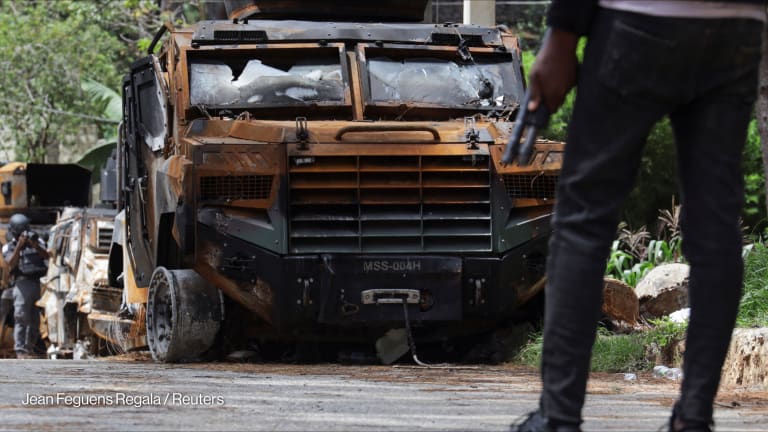
DES MOINES, Iowa — The U.S. will resume foreign assistance to the Northern Triangle countries of El Salvador, Guatemala, and Honduras after an abrupt cutoff that threw development and humanitarian programs in the region into months of uncertainty. Facing uncertainty over if or when their funding may return, the move had forced many implementers to halt activities and fire staff.
U.S. Secretary of State Mike Pompeo informed Congress on Wednesday that the State Department would again provide funds to the Northern Triangle due to “great progress” on their part in stopping migration to the U.S. border. Frustration over the flow of migrants and asylum-seekers led President Donald Trump to announce in March that he would no longer fund programs in the three countries despite bipartisan outcry from Congress.
“The United States commends the creative thinking and commitment of the governments of El Salvador, Guatemala, and Honduras to reaching our shared goal of reduced outward migration from these countries to the United States,” Pompeo said in a statement. “Recently signed Asylum Cooperation Agreements (ACAs) are but one example.”
The text of those agreements, signed between the governments of El Salvador, Honduras, and Guatemala and former Department of Homeland Security Secretary Kevin McAleenan — who resigned last week — have not been made public. But the Trump administration has said they would require asylum-seekers passing through the Northern Triangle to first seek asylum there, rather than requesting it on the U.S. border.
Aid advocates say the three countries, which are among the most violent in the world and struggle to provide some basic services to their own citizens, are in no position to be a safe haven for those forced to flee their homes.
While the Trump administration had indicated funding would be conditional and could resume for programs in the U.S. interest, details remained vague about what activities would qualify and how they would be measured. The administration had even reprogrammed part of the original amount allocated for the Northern Triangle to programs in Venezuela, leaving doubt that funds would indeed again be directed toward the original recipients.
Pompeo said the resumed funding “will support programs that are advancing our joint efforts to mitigate illegal immigration from El Salvador, Guatemala, and Honduras.”
“These programs will complement our joint security plans for each government; augment private sector efforts to create economic opportunity; promote rule of law, institution building, and good governance; and help these countries develop their capacities to implement the recently signed agreements to build stronger local asylum systems,” Pompeo said.
Development practitioners in the region have expressed skepticism of a migration-only lens on the Northern Triangle, arguing that other valuable programs that may have no clear link to migration could be eliminated.
Chairman of the House Foreign Affairs Committee Eliot Engel, who called Trump’s initial aid cut off “misguided” and “counterproductive,” said he wanted more information about how the administration intends to handle the resumption of foreign assistance to El Salvador, Guatemala, and Honduras.
“While certain portions of U.S. assistance to the Northern Triangle will resume, significant damage has already been done. $400 million in U.S. assistance to the Northern Triangle has been eliminated, and it remains to be seen precisely what assistance will be provided and if it will be tied to President Trump’s draconian immigration policies,” Engel said in a statement. “I continue to call for the immediate and full restoration of U.S. assistance to the Northern Triangle.”








